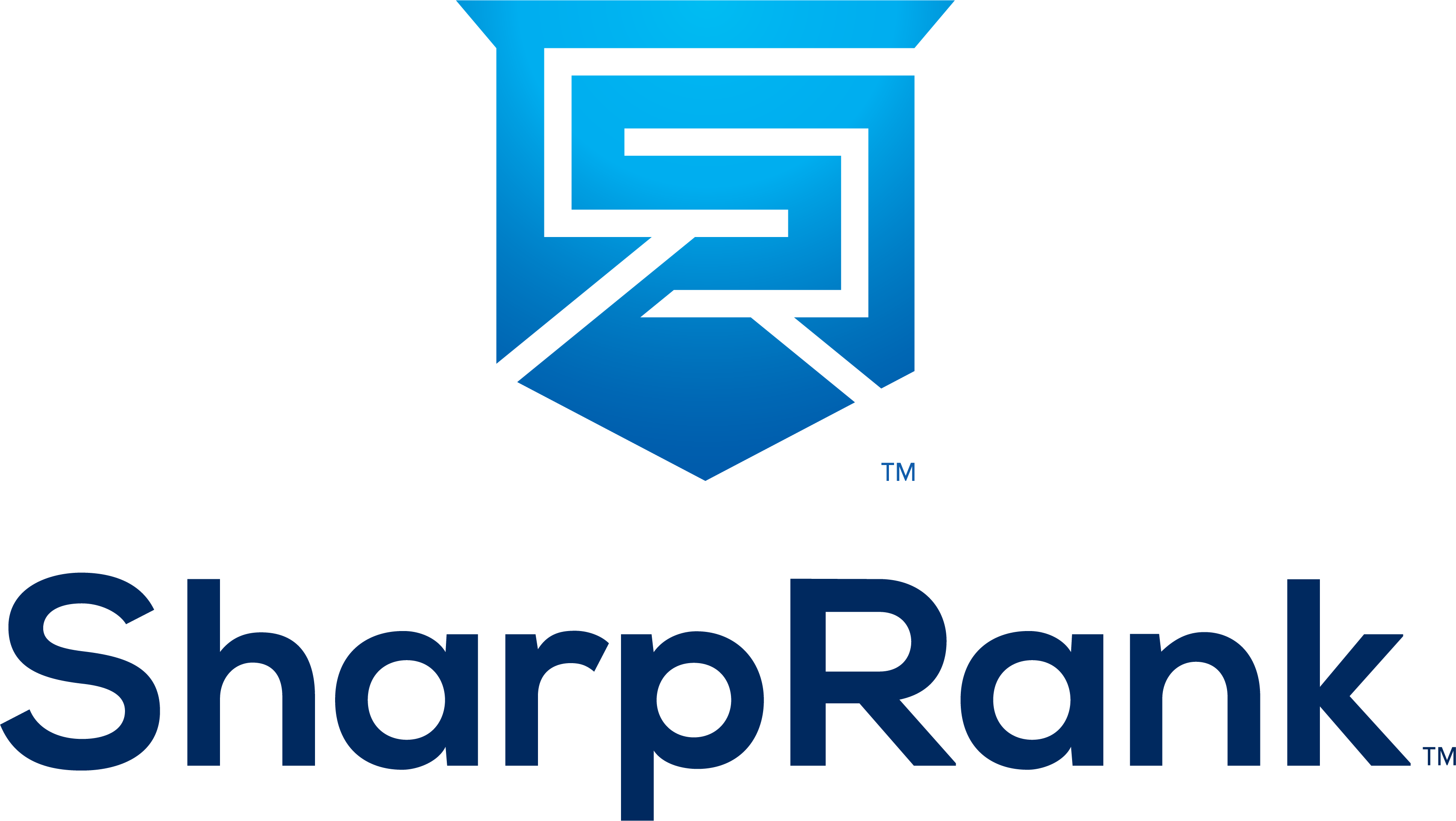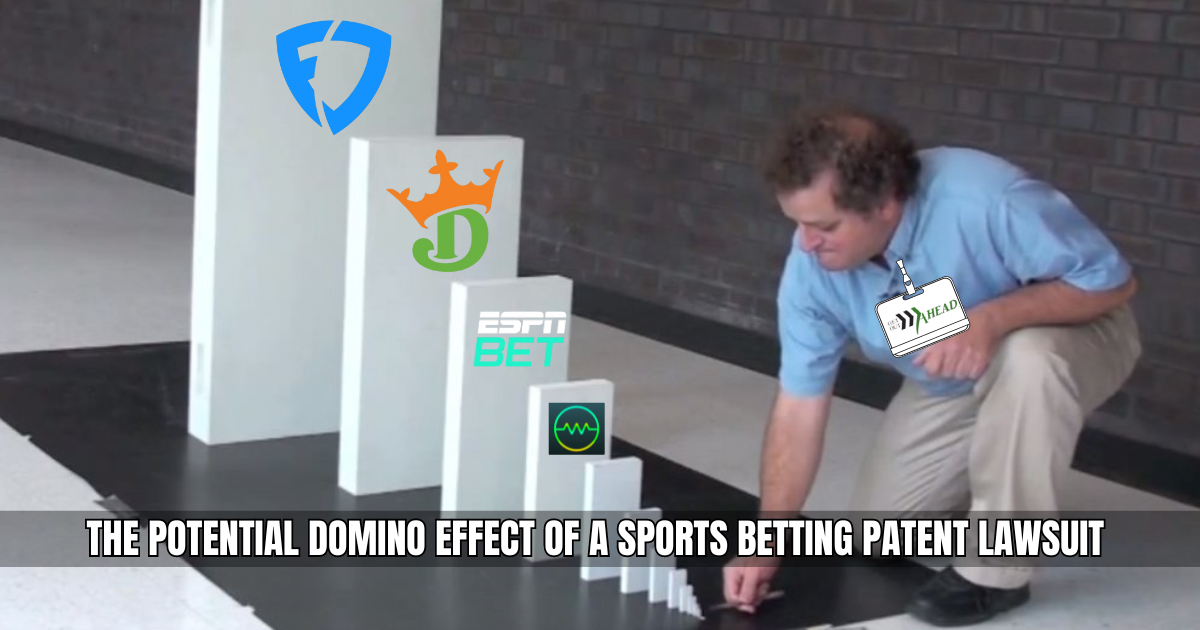Let’s talk about the potential domino effect of a sports betting patent lawsuit…
Get Out Ahead, LLC has filed a patent infringement lawsuit against WagerWire, LLC, alleging violation of its patented cashout feature—a popular tool allowing bettors to withdraw bets before events conclude. For those unfamiliar, WagerWire has created a secondary market where bettors can cash out their bets that are still in progress rather than waiting for the result. This type of platform/technology has garnered significant attention for futures and parlays bet types.
While this suit does not name any specific sportsbook, simply the secondary market WagerWire, it should be noted this could have a significant domino effect on the industry and its key stakeholders.
The real question: “Is it patentable and defendable?” History (albeit recent history) suggests probably not, citing, among other reasons, abstract nature. In 2021 Draftkings successfully defended a similar type of cashout technology IP lawsuit and the Supreme Court has previously ruled that hedging financial risk is “an unpatentable abstract idea”.
But. Yes, there is a “but”. For the sake of licensed sportsbooks in the United States, most of which are now publicly traded, those rulings need to hold firm. If that first domino does fall, look out. Here’s why:
- The “Yeah, same” principle – people and platforms from all over the world will be in line to receive compensation through licensing contracts, citing the newly found legal precedent. Domino effects, especially in new markets are very real and cascade quickly once the first one topples. Valid claims and not valid claims will be pressing the throughput on the legal system, filing lawsuits for everything from parlays to live betting technologies.
- Adjusted EBITDA effects: Non-recurring, non-operating expenses are normally added back to “adjust” EBITDA, a key valuation metric. From a valuation standpoint, this area (adjustments to EBITDA) is a massive discussion, especially when it takes the company from negative to positive EBITDA. When taking a multiple of adjusted EBITDA as a valuation practice, these adjustments become critically important. “Is it ACTUALLY non-recurring?” “Is it ACTUALLY part of operating the business?”
If litigation expenses become recurring and balloon due to the flood of claims for technology ownership after the initial domino falls, the add back and the reserve for such work becomes a serious point of debate with auditors and wall street analysts. Here is the note in DraftKings most recent filing:
“Adjusted EBITDA as net loss before the impact of interest income or expense (net), income tax provision or benefit, and depreciation and amortization, and further adjusted for the following items: stock-based compensation; transaction-related costs; litigation, settlement and related costs; advocacy and other related legal expenses; gain or loss on remeasurement of warrant liabilities; and other non-recurring and non-operating costs or income”
The added “litigation, settlement, and related costs” expenses for the twelve months ending March 31, 2024, compared to those ending March 31, 2023, increased by more than 3.5x.
Simultaneously, The Supreme Court’s recent decision granting the Seminole Tribe of Florida exclusive sports betting rights until 2051 provides another first domino. The court’s ruling reinforces tribal sovereignty over sports betting operations within their territories, setting a precedent that could influence gaming compacts nationwide. This decision not only solidifies the Seminole Tribe’s market dominance in Florida but also previews future battles in states with Native American Tribes – including massive missing puzzle pieces in the U.S. landscape, like California and to a lesser extent Texas.
Who owns the technology is a discussion in every industry. But until affirmed and reaffirmed legal precedent has been set, these claims could increase before leveling out to more mature industry levels.

